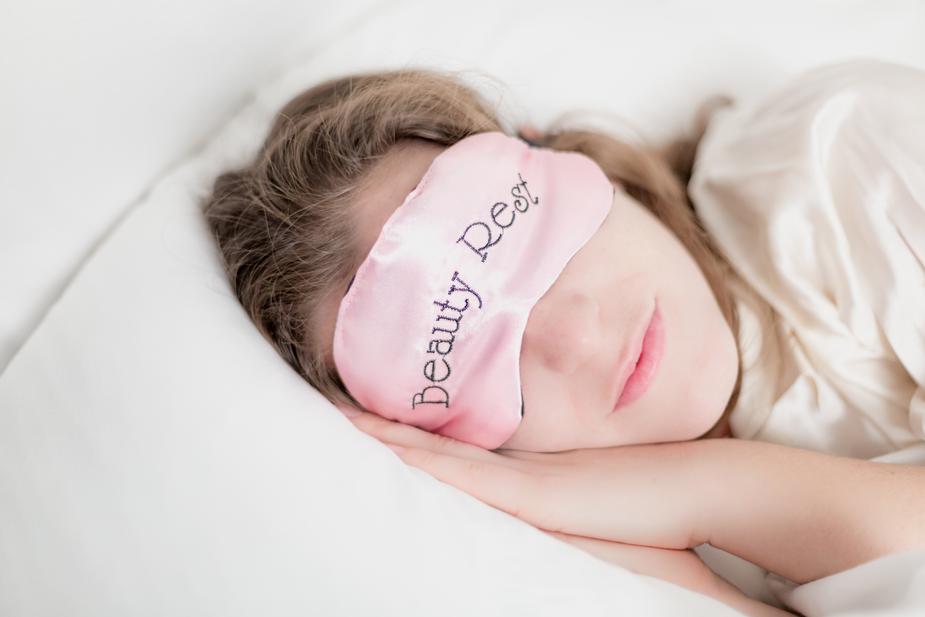get some sleep

Have you ever watched the minutes tick away as you feel yourself get more and more anxious about being tired the next day? Well, you are definitely not alone.
Did you know that the hormone shifts that happen during puberty moves your body clock? This means that you will naturally fall asleep later in the evening than you did when you were younger. But while your hormones are in flux, your sleep patterns can get disrupted. Stay calm and be patient…you will ultimately sleep!
Studies show that adolescents need 8-10 hours of sleep a night so if you are not getting that, keep reading!
There are loads of reasons that you NEED to sleep well every night. If you don’t, you will experience a range of issues such as trouble concentrating in class, forgetfulness, moodiness and depression, slow reflexes and clumsiness. And the list goes on.
So now you are thinking, “Got it. But what are some things that I can do to fall asleep faster?”
First, falling asleep is not instant so don’t stress yourself out by thinking you need to zonk out the minute your head hits the pillow. It takes about 30 minutes to fall asleep so give your body the time it needs to slowly unwind and drift off. There are some things that you can do to begin the relaxation process, hence helping yourself fall asleep “faster”.
Once you finish all of your homework (definitely complete everything so you don’t lie awake thinking about it), take an Epsom salt bath. When Epsom salts are dissolved in water, they release magnesium and sulfate ions. Magnesium is an important mineral needed for sleep and stress management. It may also help produce melatonin, a hormone that promotes sleep. If you don’t have Epsom salts, a warm bath is also an excellent way to start the relaxation process.
After your bath, spend some time “chilling out”. Disconnect from your phone, TV or computer and spend some time clearing your mind with activities such as yoga, breathing exercises or journaling (see our post on journaling here).
Plan to go to bed at the same time every night. Your body responds well to schedules so set a bedtime and try to stick with it. Always create a comfortable sleeping setting. Make sure your room is dark, quiet and cool. A sound machine can also help to mask loud sounds that you might be able to hear otherwise. Put your favorite sheets on your bed and try a weighted blanket for extra coziness.
Remember to avoid caffeinated beverages from the afternoon onwards and don’t eat a big meal right before bedtime. Also make sure you get plenty of exercise throughout the day.
No matter what, don’t stress out about not falling asleep or you will have to start this process all over again! Stay relaxed. If you can’t fall asleep right away, read a book or listen to music. Just don’t get worked up or worried about being tired the next day. You WILL (eventually) fall asleep.
Do you have more tips and suggestions or falling asleep?


